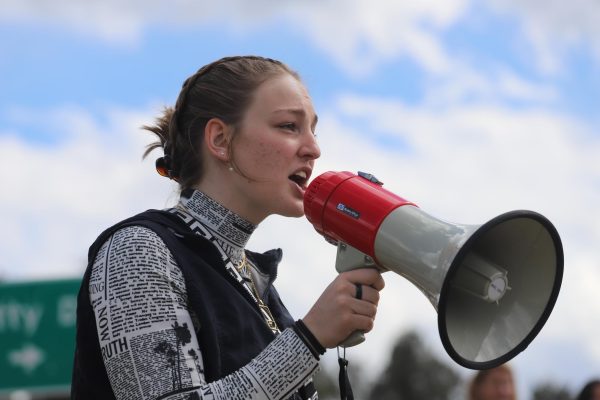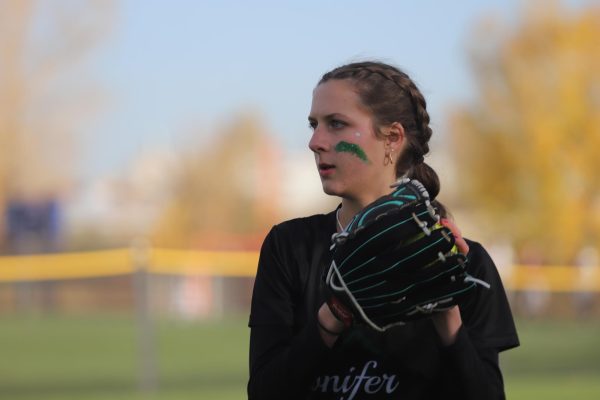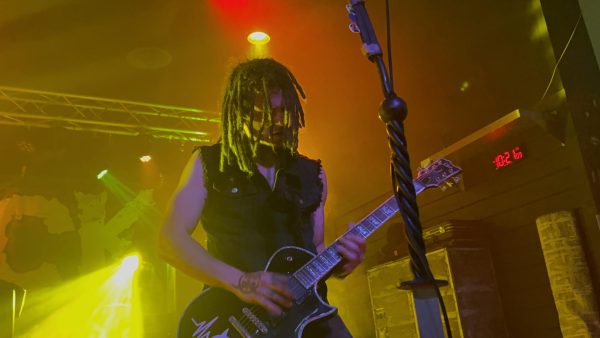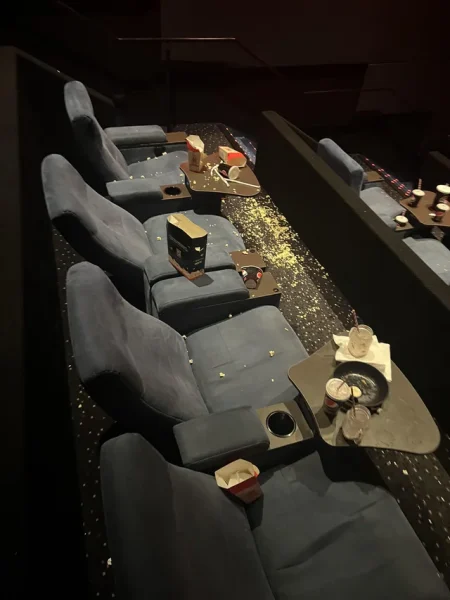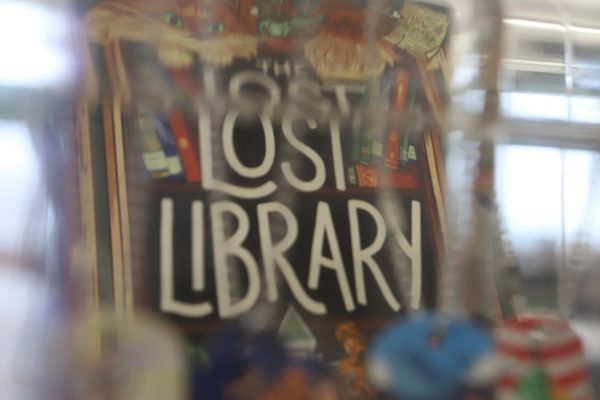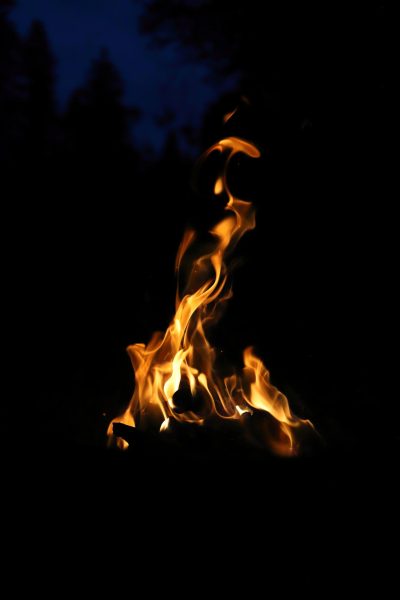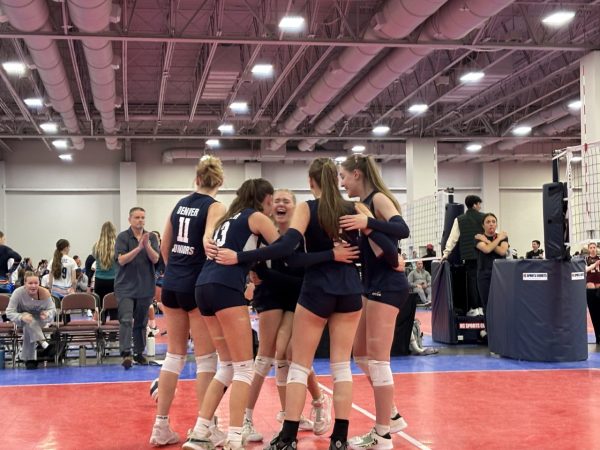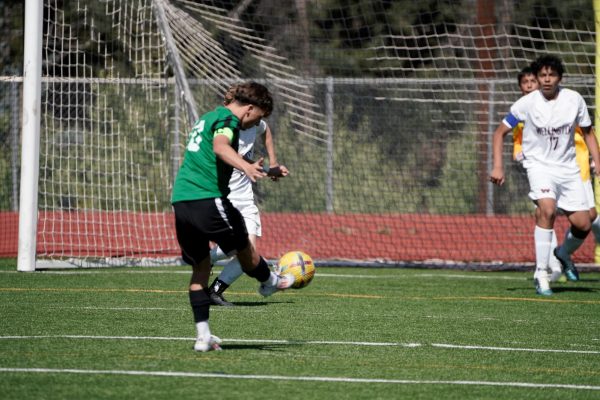No Place For Hate
Anti Defamation League begins working with Conifer students
Starting this year, the ADL will be working with Conifer High School. This is a start to fighting hate crimes and hate incidents in the Conifer community.
“No Place for Hate is a beginning for many of our schools, and an opportunity for our students to engage. It is really about finding those critical mass students who are curious and going, ‘Yeah, I want to be able to talk to my peers about this,’” Tara Raju said.
Raju has been working with The Anti-Defamation League since 2005, 92 years after its founding in 1913. The ADL’s mission is to,“stop the defamation of the Jewish people, and to secure justice and fair treatment for all.”
Students were asked to sign a pledge stating that they will stand up against discrimination. Raju doesn’t expect the pledge to end discrimination, but it will be a beginning in addressing it.
“The pledge is really hoping to create a conversation. We have no expectation that every single student will sign it. The intention is the conversation. ‘What does this mean, to us?’” Raju said.
Minority groups are often the targets of hate. LGBTQ+ and colored students face discrimination more than others.
“What we know is LGBTQ+ students are struggling often. Statistics and research tell us that they are more likely to not feel safe, not have support, don’t come to school because they’re being harassed — there are a lot of reasons. It also tells us that black and brown students in many systems are disciplined more than their white counterparts,” Raju said.
Countless teens have faced discrimination in their schools. Now, people need to ask themselves, how are we going to address it? What are we going to do to deal with hate in our community? According to Raju, youth have been finding new ways to combat hate.
“There’s a level of engagement and societal activity happening in the world, in massive ways. We are watching youth take hold of that. We often tell the adults, ‘Youth are ready to talk about this stuff. Are you, adults, ready to talk about this stuff?” Raju said.
Parents are an important part of the picture regarding hate in schools. When their child is a victim or perpetrator of hate they are involved, too.
“Parents want bullying to stop,” Raju said. “They just want it to end. I wish I could say, ‘Yes, it will all end if you do x, y, or z.’ However, it’s also remembering that students are still learning. These are educational institutions, and sometimes you know better, and sometimes you don’t. It is our job as adults to be able to explain why and engage in dialogue.”
Raju explains how conflict is acceptable and even necessary for some environments.
“Conflict is okay. That’s where we learn and grow, but it also has to be constructive, not just hurling words at each other. Constructive, like listening to be heard, not just to respond,” Raju said.
So, what can students and teachers do to ensure that their school environment is a safe one?
“A No Place for Hate School to me looks like a school that’s willing to address an incident appropriately and quickly. ‘Who are we, with each other? How do we support each other?’ That students know where to go, who to engage, and will be heard and listened to. That there’s a process and they feel safe,” Raju said.
